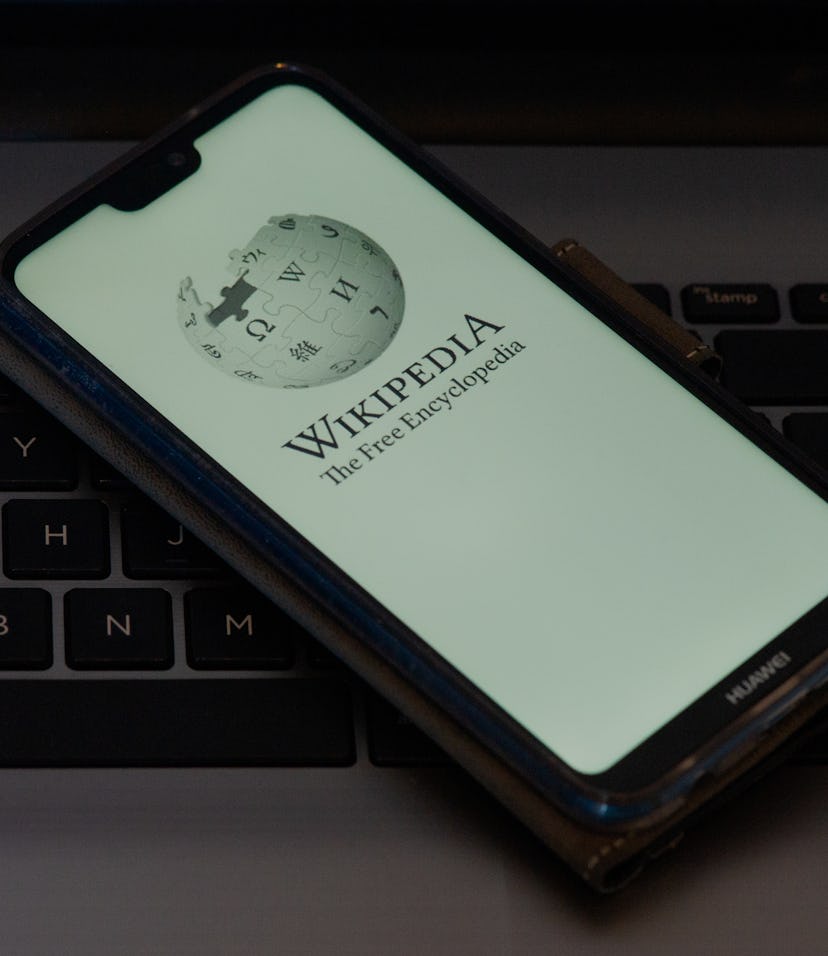Crypto
Wikipedia editors vote to stop accepting cryptocurrency donations
The donations accounted for just .08 percent of the Wikimedia Foundation’s revenue.

Wikipedia is the encyclopedia anyone can edit, and Wikimedians can voice their opinions on the encyclopedia’s future direction via discussions called Request for Comments (RfC) which range in topic from MP4 video to listserv annoyances. Wikimedia — the nonprofit behind Wikipedia — has dozens of them open right now. One recent RfC, though, has attracted an unusually high amount of attention and participation.
On January 10, a Request for Comments proposed that the Wikimedia Foundation stop accepting cryptocurrency donations, which it has done via BitPay since 2014. In a sprawling three-month-long discussion, volunteer Wikimedia contributors spilled gallons of ink discussing the promises and pitfalls of crypto donations.
Ultimately, in a 232 to 94 vote, 71.17% of participants supported the proposal to remove the option for crypto donations. The community is now waiting on a response from the Wikimedia Foundation.
A Wikipedian who goes by the username Vermont summarized the common arguments in support as “issues of environmental sustainability, that accepting cryptocurrencies constitutes implicit endorsement of the issues surrounding cryptocurrencies, and community issues with the risk to the movement’s reputation for accepting cryptocurrencies.” An employee of the Wikimedia Foundation wrote that cryptocurrency donations amount to $130,100.94 last year— just .08 percent of the Wikimedia Foundation’s annual revenue. The full discussion exceeds 60,000 words (that’s as long as Brave New World or The Scarlet Letter) and is available online.
“Common arguments in opposition include: the existence of less energy-intensive cryptocurrencies (proof-of-stake), that cryptocurrencies provide safer ways to donate and engage in finance for people in oppressive countries, and that fiat currencies also have issues with environmental sustainability,” Vermont summarized.
A neutral point of view is a core value of the Wikipedia project, but individual Wikipedia editors, like anyone, hold personal opinions about topics like crypto. The site’s founder, Jimmy Wales, received criticism after he auctioned off an NFT of a copy of the first Wikipedia edit. “Cryptocurrency projects tended to share similar ideals: privacy, anonymity, decentralization, freedom,” wrote White in an article for Wikipedia’s newsletter, The Signpost. But as a whole, the Wikimedia community hasn’t shown outsized enthusiasm about cryptocurrencies.
I’m gonna fork Wikipedia and make a Web3 version— Various online crypto enthusiasts responded to the news with the idea of making a Wikipedia clone with a token. This is not a new idea. Copying Wikipedia is free and usually allowed, and a “cryptocurrency encyclopedia” already exists called Everipedia. The “blockchain-based encyclopedia” launched in 2015 as a fork of Wikipedia, and it’s been criticized for its inaccuracies, promotional content, and lopsided focus on current events.
The Wikipedia editor who created the Request for Comments discussion is a veteran Wikipedian who goes by the username GorillaWarfare. Elsewhere on the internet, she’s known as Molly White, and thanks to her project “Web3 is going just great,” she has emerged as a prominent critic of Web3 and cryptocurrency. Her February interview with The Verge is aptly titled “Why you can’t rebuild Wikipedia with crypto.”
If the Wikimedia Foundation acts on the community’s proposal, it may risk losing .08% of its revenue. But the organization is not at risk of financial collapse any time soon. The nonprofit, whose 2019-2020 revenue topped $127 million and whose endowment has been growing for the past decade, should be able to take the hit.